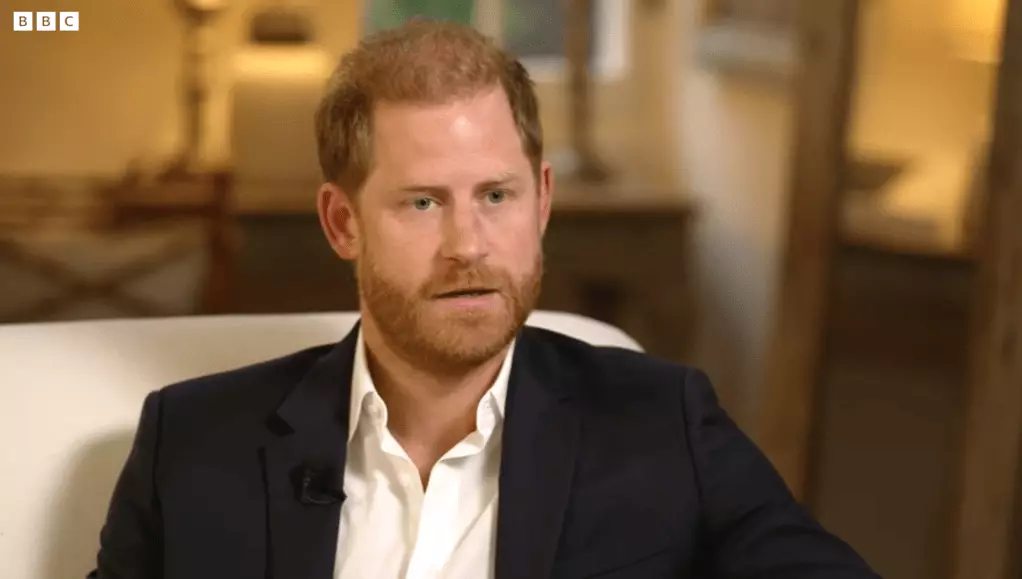Recently, the BBC found itself at the center of a quality control storm, admitting to a significant oversight in how it handled an interview with Prince Harry. The Duke of Sussex took the airwaves to express dissatisfaction regarding his UK security arrangements, describing the revocation of these protections as an “establishment stitch-up.” While royal interviews are generally laden with sensitivity, the BBC’s failure to rigorously fact-check and challenge such significant claims raises pressing questions about journalistic ethics and accountability.
The Interview and Its Implications
Prince Harry’s discussion on the BBC Radio 4’s Today show was more than a personal grievance; it was a potent statement about the ongoing rift between him and the British royal family. His poignant remarks about wishing to reconcile with his father, King Charles III, are reflective of a broader narrative of estrangement and the weight of familial expectations. By framing the issue of his security as a form of political maneuvering—an “establishment stitch-up”—Harry insinuates a more profound engagement of power dynamics at play within the monarchy, potentially casting the Home Office and Buckingham Palace in a negative light.
The BBC’s confession about failing to robustly probe these assertions is not merely a slip; it is emblematic of a growing trend where media outlets occasionally forego critical analysis in favor of sensationalism. Such an approach may inadvertently lend undue credibility to controversial figures without necessary scrutiny.
Why Scrutiny Matters
The subtext of responsibility as a media platform cannot be overstated. In failing to reflect the Home Office’s stance or alternative viewpoints, the BBC risks perpetuating a narrative that lacks balance. This lapse not only jeopardizes the broadcaster’s reputation but also affects public discourse. The implication here is that significant claims made during interviews—especially from figures as polarizing as Prince Harry—need to be approached with a commitment to impartiality and depth.
The British public deserves a media that not only reports facts but also rigorously challenges claims, allowing audiences to form educated opinions rather than simply accepting narratives at face value. Such a vital mechanism ensures that every story is told in a manner that is fair, responsible, and rooted in corroborated truth, rather than relying solely on emotional appeals or dramatic expressions.
An Opportunity Missed
The BBC’s apology serves as a reminder of an essential tenet of journalism: accountability. In today’s media landscape, where misinformation can spread like wildfire, the responsibility of the press is more critical than ever. Viewers and listeners should expect diligence from journalistic entities. The opportunity for the BBC to uphold editorial integrity during this interview was momentous, and its failure highlights a gap that could undermine public trust.
What may seem like a straightforward misstep is, in reality, a reflection of larger systemic challenges faced by media organizations today. The relevance of this issue extends beyond a single interview, echoing the ongoing struggles of balancing sensationalism with responsible journalism. It is imperative that media platforms reassess and reinforce their editorial practices, ensuring that they serve as pillars of accurate and unbiased information in a complex world.
In the end, the interaction between Prince Harry and the BBC serves as a case study for all journalistic entities on the importance of rigorous editorial standards, accountability, and the enduring quest for truth in reporting.


Leave a Reply